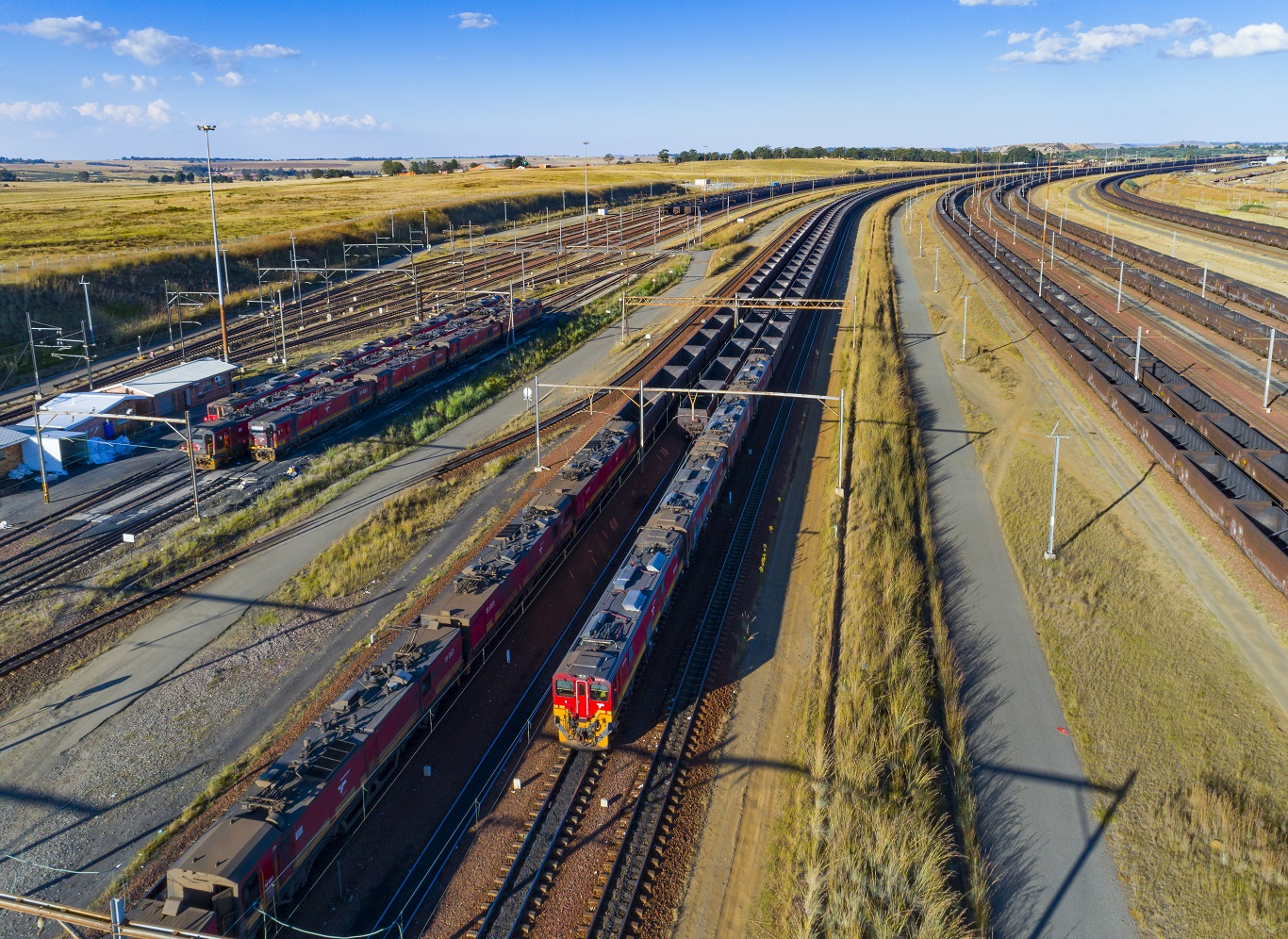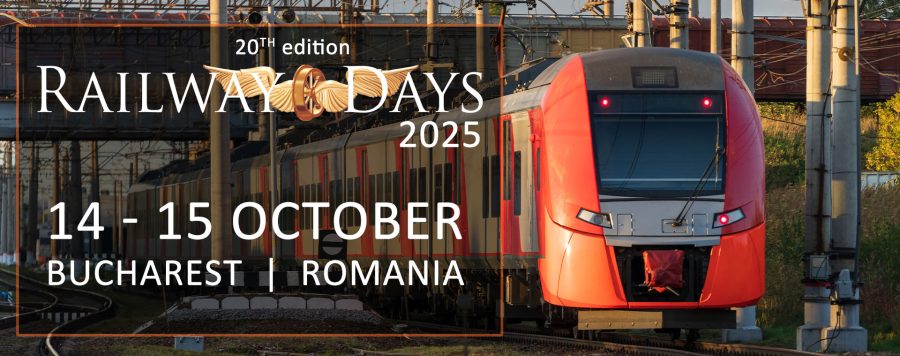The World Bank has approved a loan of USD 1.5 billion to support key infrastructure reforms in South Africa’s rail freight transport and energy sectors, with a focus on advancing essential structural changes. In the freight sector, the funding will facilitate the liberalisation of the rail freight market, paving the way for the entry of at least four private operators.
 “This loan represents another important milestone in our government’s commitment to transforming South Africa’s infrastructure into a more efficient, competitive, and sustainable foundation for growth ” said Enoch Godongwana, the Minister of Finance.
“This loan represents another important milestone in our government’s commitment to transforming South Africa’s infrastructure into a more efficient, competitive, and sustainable foundation for growth ” said Enoch Godongwana, the Minister of Finance.
The Government of South Africa has committed to modernise state-owned enterprises and open the power and freight transport sectors to private sector competition, an effective means to attract new technologies and financing.
The objective of South Africa’s rail freight transport sector reforms is to support the government’s efforts to transform the structure of the sector from a public monopoly to a competitive market. At the heart of the reform is unbundling of Transnet, the state-owned company, which is responsible for ports, rail, and pipelines in South Africa.
To build the legal and institutional foundations required for transforming the sector, the authorities have focused their attention on establishing an independent transport economic regulator to ensure fair and open access to private operators, and unbundling Transnet to allow train operators to enter the market.
These two reforms are required to create a level playing field between Transnet and potential private operators, paving the way for more efficient, affordable, and climate-resilient transport services.
Reforms agreed with the WB
The reforms aim to increase rail network capacity from 25% in 2023 to 65% by 2027 and enable the entry of at least four private operators. Just transition measures are expected to mobilise USD 750 million in grants and provide jobs for nearly 10,000 workers, including women, in communities affected by the energy transition.
Under the 2022 – 2026 partnership framework between the World Bank and South Africa, three mutually reinforcing pillars have been agreed which are supported by the latest loan:
- Improve energy security by unlocking investments into transmission, easing access to the grid, and upgrading the performance of municipalities in distribution;
- Contribute to the transition toward a low carbon economy by promoting the use of fiscal instruments and protecting people and communities affected by the energy transition; and
- Enhance the efficiency of freight transport services by establishing an independent transport economic regulator to ensure fair and open access for private operators and unbundling the state-owned company Transnet;
South Africa faces a deepening jobs and growth crisis, with unemployment over 31% and average GDP growth below 1% over the past decade. In 2023, infrastructure services have declined with rail and port inefficiencies reduced exports by around 20%.
“The World Bank supports these reforms which tackle longstanding bottlenecks and have the potential to create 250 000 jobs by 2027 and about half a million jobs by the early 2030s. They are essential for attracting investment and enhancing public service delivery,” said Satu Kahkonen, World Bank Division Director for South Africa.
Share on:



